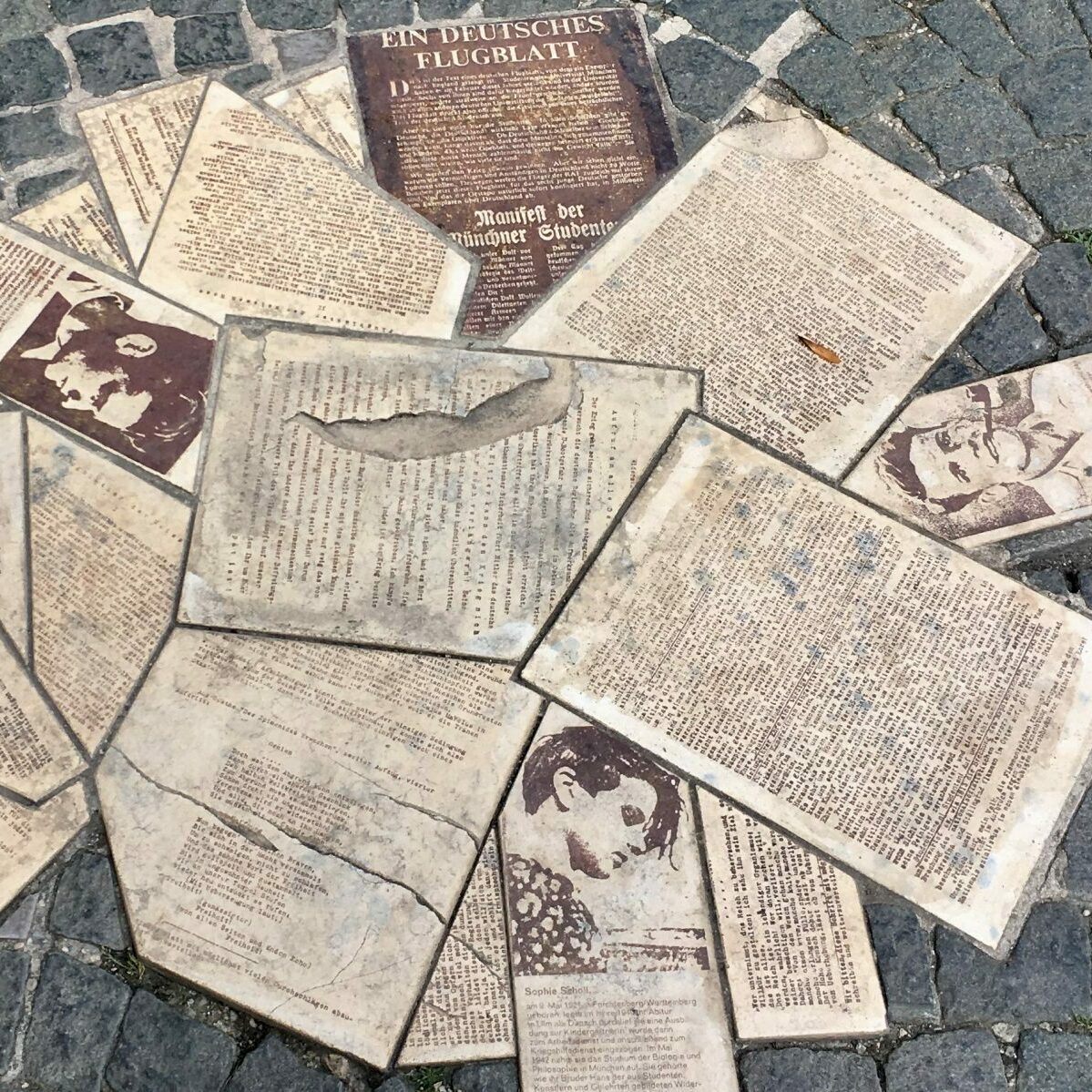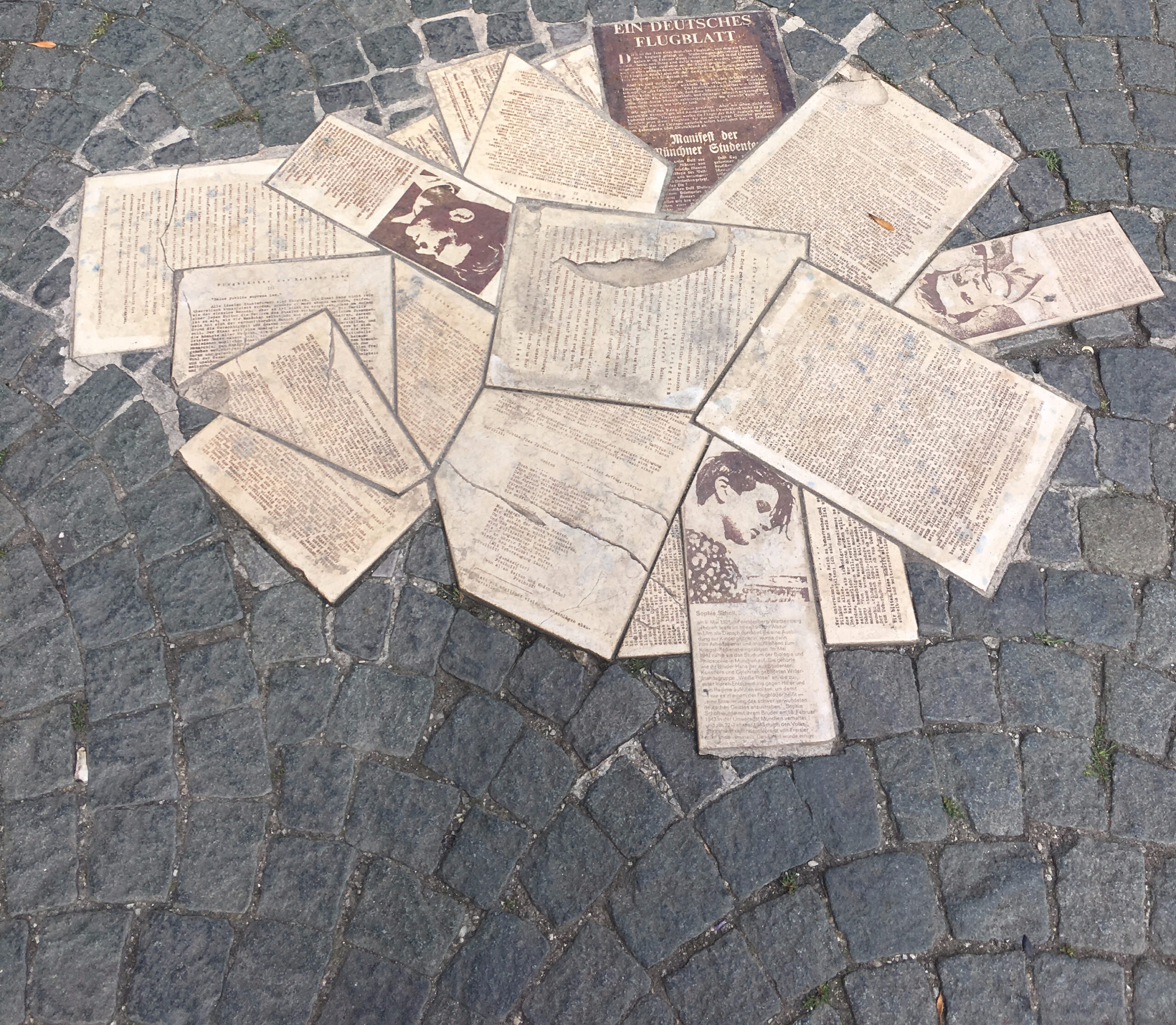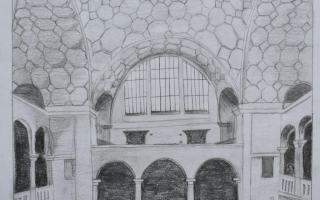One of this year’s White Rose Project translators, Rachel Herring, talks about the experience of translating historical sources and personal documents. Rachel studies German and History at Merton College, Oxford.
As a student of History and German, the White Rose Translation Project was an incredibly exciting opportunity for me to translate original sources, and use language skills to gain a better understanding of personal experiences of history. Engaging with texts written by these young people (most of the group’s members were students), it was striking how recognisable and intimate some of their reflections were, while at the same time the context of the period and their own resistance activities made the sources truly extraordinary.
It felt like a huge responsibility to translate something that contained so much personality and feeling, particularly when it came to the letters which the group’s members had written to their loved ones before their executions. Keeping a balance between staying true to the originals and making sure the tone and style were conveyed in the English was a challenge which I think we all felt we never completely solved, but hopefully the translations can offer a greater sense of the real character and experiences of these individuals.
Looking at the White Rose through these sources has undoubtedly changed my outlook not only on this aspect of the Nazi era, but on all periods of history. Reading personal testimonies reminds us of the reality of the past, which was inhabited by people with whom we can, and should, empathise. To ensure that the voices of these individuals are preserved, it is essential to have sensitive translations which can be used not only for historical study, but also for representing these events in ways which stay true to those who lived through them. I think there is huge scope for more projects of this kind, which will allow more students to be at the forefront of expanding historical and linguistic approaches.



